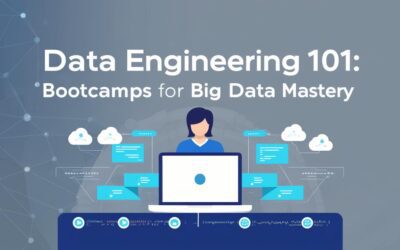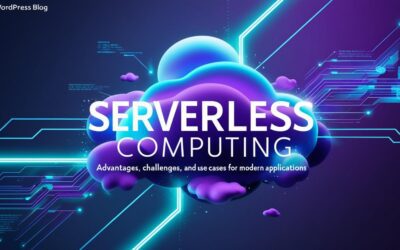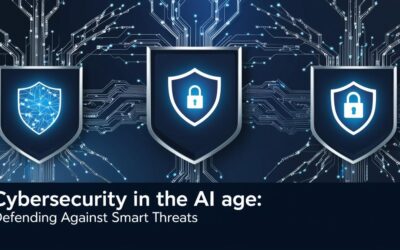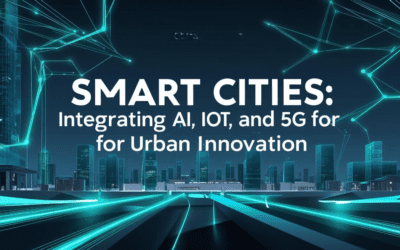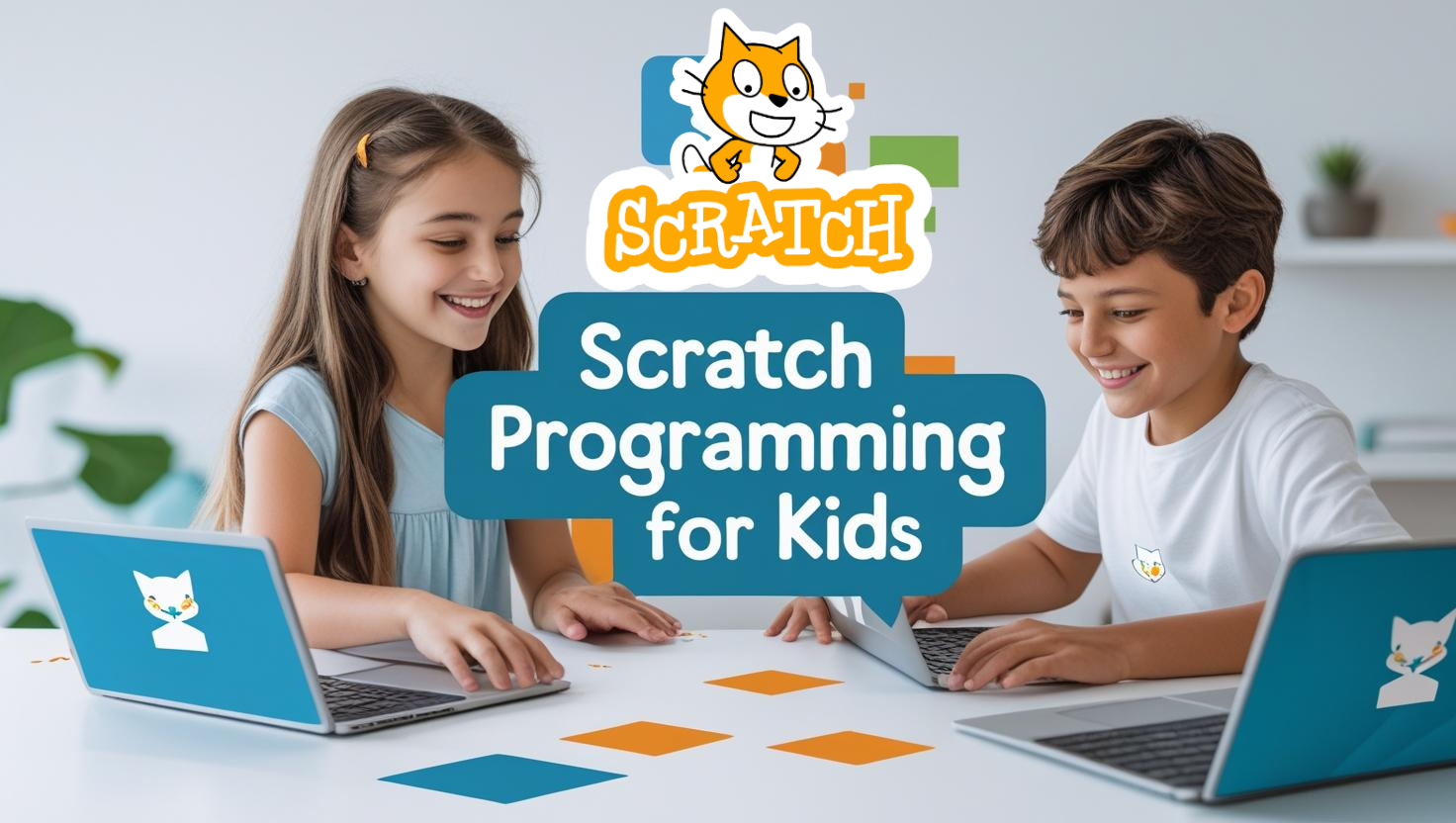In today’s rapidly evolving modern landscape, technology is reshaping many aspects of our lives, including teaching and learning. From virtual reality experiences to personalized adaptive learning environments, new technologies are changing the way we acquire knowledge and develop new skills. In this article, we will take a closer look at some of the most exciting new technologies that are changing the education landscape and discuss their potential impact on education.
Artificial Intelligence (AI) in Education:
Artificial intelligence has made great strides in recent years and is now being used in the field of education. AI-powered systems can analyze large amounts of data to provide personalized learning experiences. Intelligent teaching systems can adapt to the unique needs of students, providing personalized content and guidance. AI algorithms can also automate the grading process, freeing up teachers’ time and giving students instant feedback. As AI continues to evolve, it has great potential to create dynamic and effective learning environments.
Virtual Reality (VR) and Augmented Reality (AR):
Virtual reality and augmented reality technologies have become popular in many industries, and education is no exception. By immersing students in a virtual environment, VR can improve understanding and retention of complex concepts. For example, medical students can compare it to surgery, history students can explore their ancient civilizations, and science students can perform artificial experiments. Augmented reality, on the other hand, overlays digital information into the real world, allowing students to interact with virtual objects while maintaining a real connection. These techniques can make learning more fun, interactive, and experiential.
Gamification and game-based learning:
Gamification is the integration of game elements, such as scoring and reward systems, into non-game situations to motivate and engage students. Game-based learning is about organizing learning experiences in the form of games. By combining elements of competition, competition, and performance, game-based learning can increase students’ motivation, problem-solving skills, and collaboration. These methods can be especially effective in subjects that require practice and active participation, such as math, language learning, and critical thinking.
Adaptive Learning Platforms:
Adaptive learning platforms leverage data and analytics to provide personalized learning experiences. These sites use algorithms to assess student strengths and weaknesses, tailor content delivery to individual needs, and track progress over time. By adapting learning to each student’s pace and learning style, adaptive learning environments increase efficiency and enable self-paced learning. Students receive real-time feedback and suggestions, which promote a deeper understanding of the subject.
Internet of Things (IoT) in Education:
The Internet of Things refers to a network of connected devices that collect and share data. In the context of education, the Internet of Things can enable the creation of smart classrooms, where devices and sensors communicate with each other and with students. IoT devices can automate administrative tasks, provide personalized learning experiences, and facilitate collaboration and communication. For example, wearable devices can monitor students’ physical activity and health, smart boards can enable interactive lessons, and connected devices can support distance learning.
End Words:
The rapid development of technology has opened up new and exciting opportunities for learning and teaching. Artificial intelligence, virtual reality, augmented reality, gaming, adaptive learning, and the Internet of Things are just a few examples of technologies shaping the future of education. By adopting these innovations, educators can create dynamic, personalized, and effective learning experiences for students, preparing them for the challenges of the 21st century. As these technologies continue to evolve

